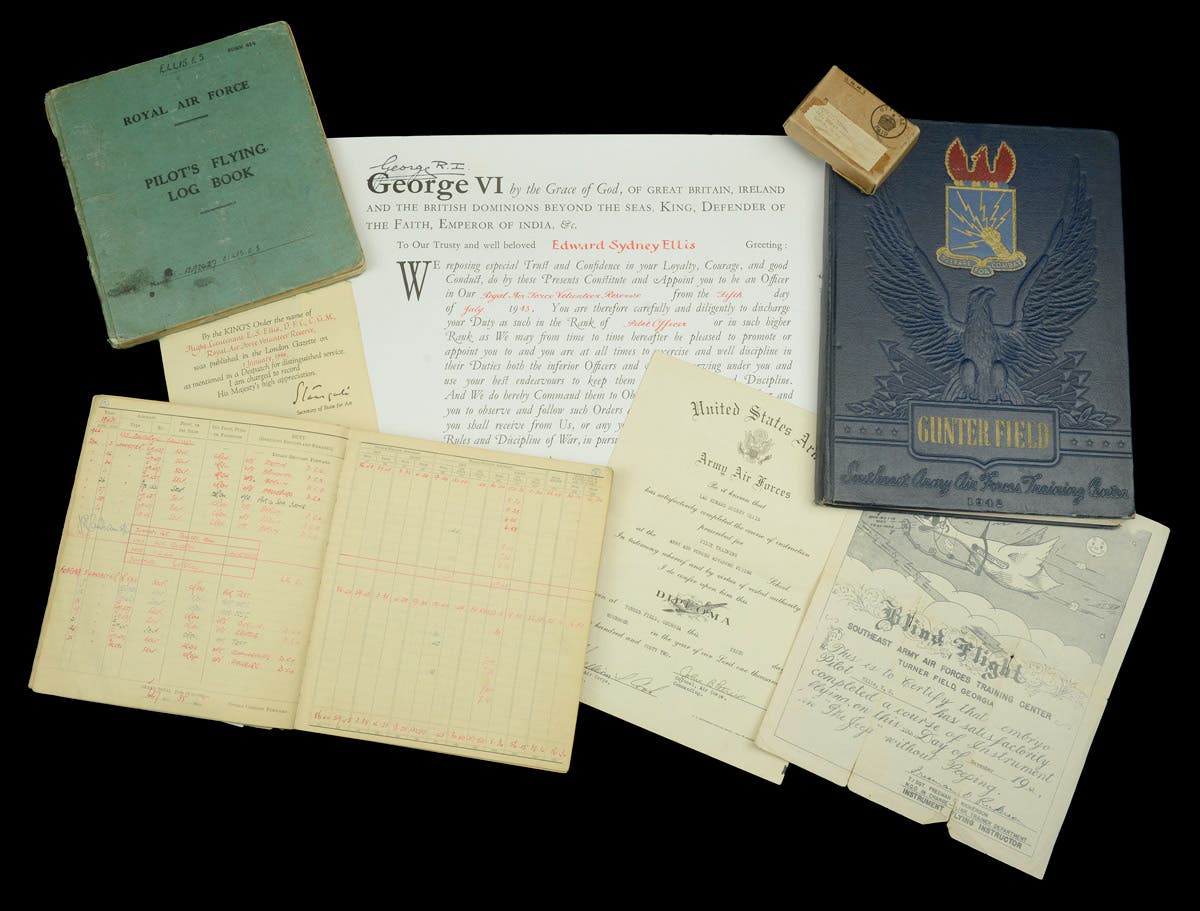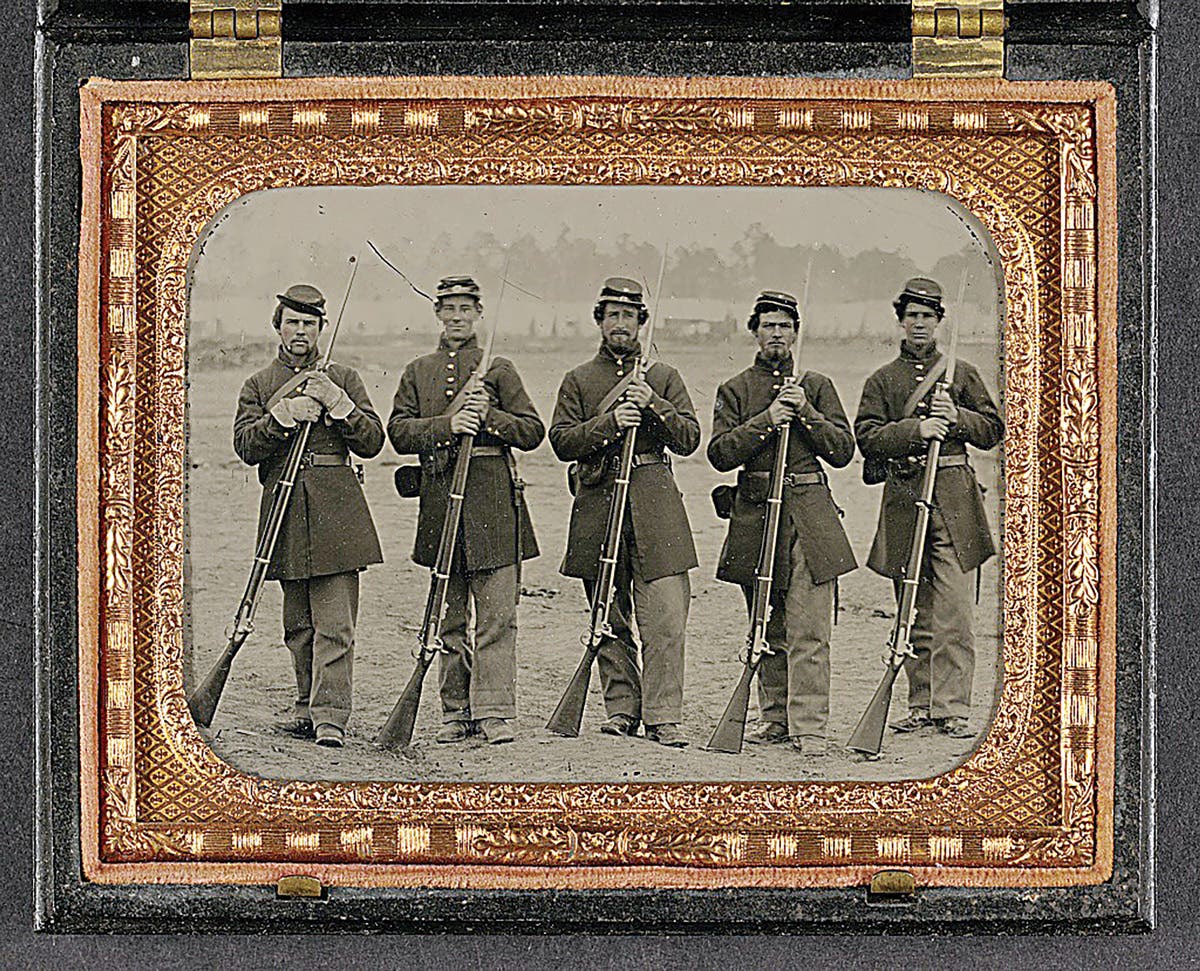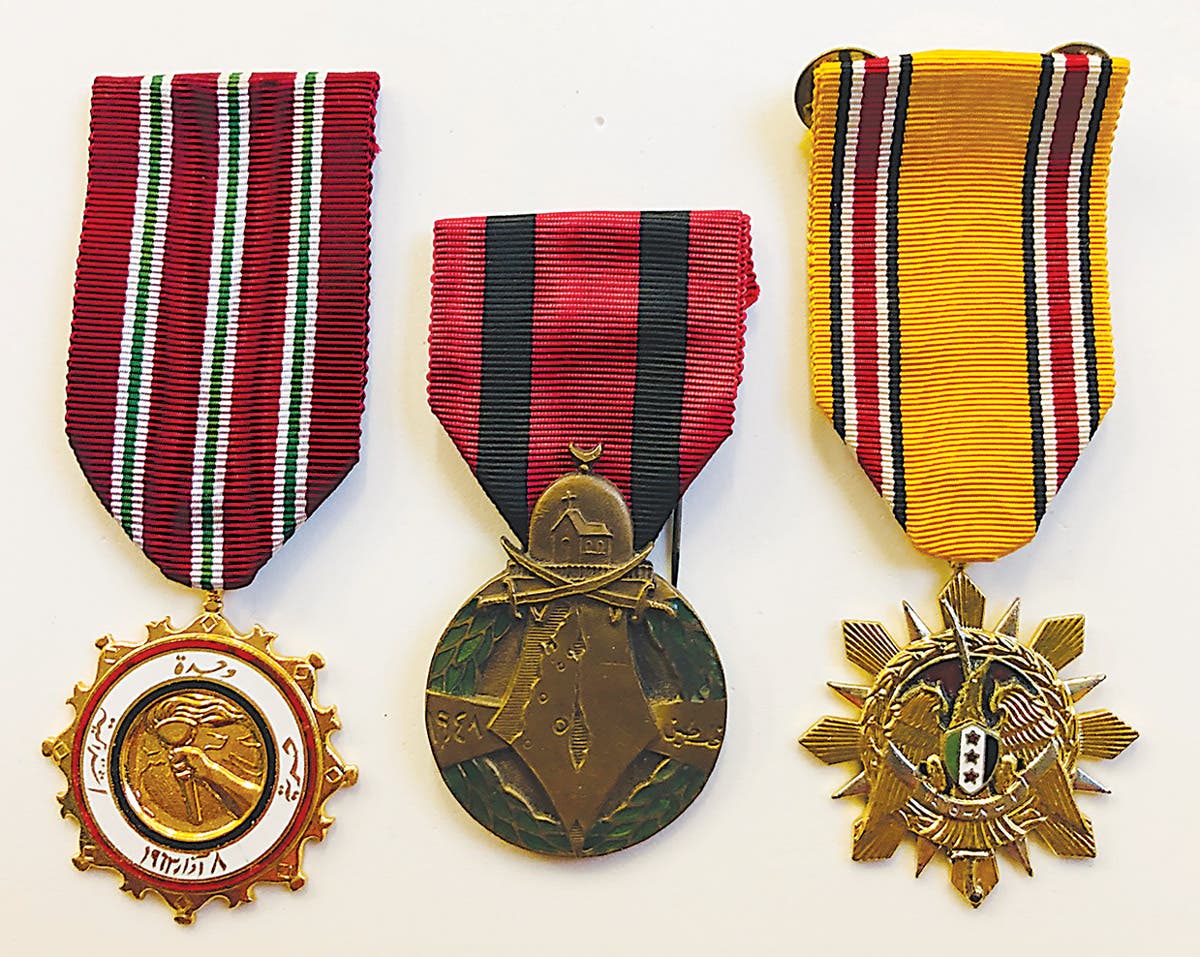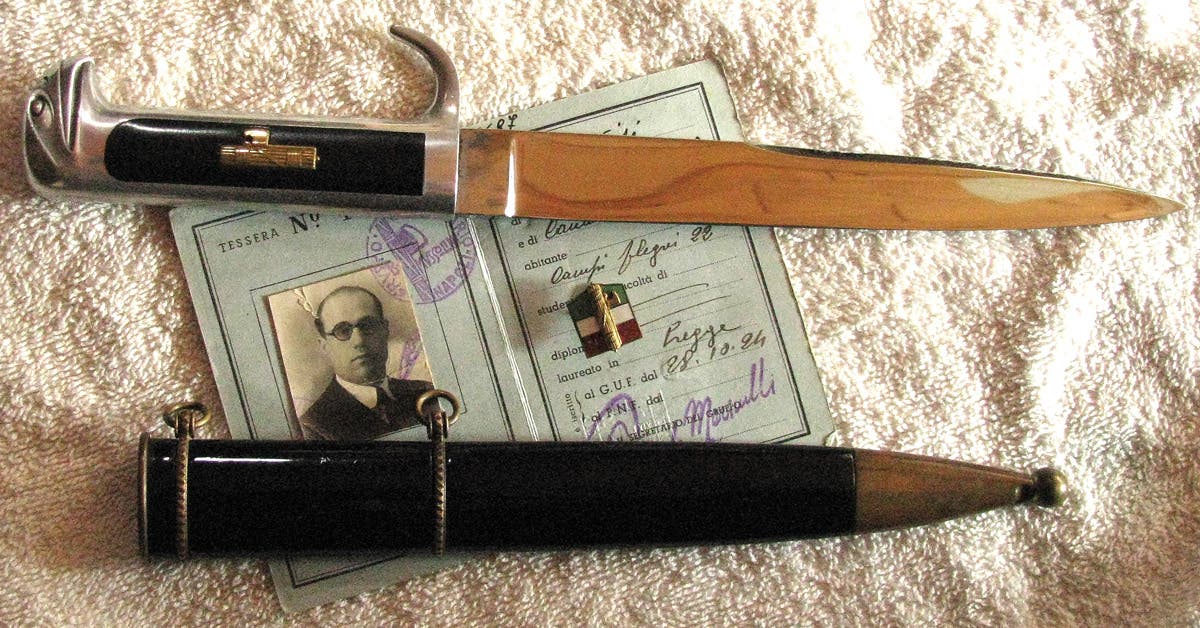What’s Next for Surplus Sales?
It’s no secret—collectors don’t like change. Heck, it’s probably that single characteristic that most fuels us to be collectors! We like a sense of order—we want to know that everything…
It’s no secret—collectors don’t like change. Heck, it’s probably that single characteristic that most fuels us to be collectors! We like a sense of order—we want to know that everything has a place and strive to put items into those places. So, when something is announced that will change our perspective of how we collect, it makes the hobby a bit skittish. No, I am not referring to this week’s vote on Scotland’s independence, but rather, the change in how we will buy surplus military vehicles.
This past April, when the Defense Logistics Agency (DLA) Disposition Service announced a company named IronPlanet won the bid to handle the sale of government rolling stock, ripples went through the hobby. By June when a lot of the hobby converged at the MVPA Annual Convention in Louisville, Kentucky, the ripples had turned into whispers, as people tried to understand how this change would impact our passion for surplus trucks. When I attended the Iola Military Vehicle Show in early August, the whispers had elevated to heated discussions as people tried to grasp the process. Internet forums, well, came a bit unglued. But, as my buddy Steve Turchet reminded me, “Opinions on forums are, just that… opinions.”
To understand what has happened and what will change, I have been in contact with DLA, Government Liquidation (the current holder of the contract), and IronPlanet, in an attempt to find out the most accurate information on the change that is about to take place. First, it is important to explain what the DLA terms “rolling stock” and “Useable property:”
“Rolling stock is considered to be ground-related, self-propelled wheeled, and track-mounted vehicles (such as passenger motor vehicles, trucks and bulldozers) and trailers (such as semi-trailers, cargo trailers and special purpose trailers). Usable property refers to a designation for surplus property that means the items have value in excess of their material content.”
When I first took over Military Vehicles Magazine editor’s role (nearly 14 years ago!), surplus sales were a nicely kept secret. A handful of interested buyers attended DRMO (Defense Reutilization and Marketing Offices) sales at military bases. Though it wasn’t an exclusive “club,” the hobby left surplus sales up to the handful of folks who were willing to traverse the myriad of government paperwork to become bidders.
About the same time, according to Tim Hoyle of the DLA, the government created a commercial venture program in 1998 with a pilot program that offered selected items for sale by a contractor and later expanded to encompass all safe-to-sell usable property and rolling stock in the United States. The concept allowed the government to reduce its overhead expenses by no longer bearing the costs of conducting local and national sales. The practice also allowed the government to take advantage of contractors’ expertise with specialized markets.
Liquidity Services Inc.—we know them as “Government Liquidation”—won this first contract. And boy, was the hobby in for a sharp learning curve! It pains me to remember all of the phone calls that I had to listen to as members of our hobby railed on how “this would ruin it all!” To be fair, private contractors handling government sales did change the hobby. But so has the internet, 9/11, global warming, and fracking. The truth is, the hobby has been evolving ever since the U.S. government began selling surplus goods after the War of 1812. The one thing that is for sure is: It will continue to change.
Propel ahead to 2014. Government Liquidation grew with the hobby, learned how to work with buyers, and figured out how to navigate the piles of paperwork involved in transferring rolling stock from government ownership to private ownership. During that time, the hobby adjusted. Some folks, who had made their living buying trucks at government sales and then selling them to hobbyists couldn’t compete with individuals who sat at their computers and placed private bids. It was not good for them, and the hobby saw a lot of these “middle men” who couldn’t adapt to this new competition close up shop.
On the plus side, we saw an explosion in private ownership of military vehicles. In the past in seemed like only members of an exclusive fraternity could buy trucks from the government. Government Liquidation provided the opportunity to buy a truck to anyone with a decent internet connection.
The transition wasn’t painless. We had to relearn the importance of having titling documents (SF-90s). We had to learn the intricacies of “load-out” times. And then, 9/11 happened… and we had to relearn how to enter military bases and carry out vehicles without being deemed a terrorist. But, after 15 years, Government Liquidation perfected the system. Sure, some still didn’t like the system, but it worked. Thousands of people became military vehicle owners. They bought trucks, and then turned to the hobby to find parts, paint, and places to play with their new vehicles.
About the same time that Government Liquidation took over sales, another company initiated an internet platform for selling construction equipment: IronPlanet. It was quite a gamble. The “internet bubble” had just burst. Companies that had topped stock market only a couple of years earlier, collapsed in financial ruin. It was in this climate, that the IronPlanet entered the heavy construction vehicle sales world.
Headquartered in Pleasanton, California, the company incorporated in 1999 as “IronPlanet.com, Inc.” As the company weathered the financial storm of 2000, it grew the business and became a leading online marketplace for buying and selling used heavy equipment such as construction equipment, cranes, mining equipment, oil and gas machinery, agricultural equipment, trucks, and motors. It also engages in the sale of industrial, commercial, and agricultural properties; and provides rental and online auction services. In November 2009, the company changed its name to IronPlanet, Inc. Over the past 15 years, the IronPlanet has grown to become the world's leading online auction company for used construction and agricultural equipment. A hallmark of the business has been low transaction costs for sellers, guaranteed inspection reports, and their exclusive “IronClad Assurance” program that enables buyers to have a high degree of confidence in knowing what they bid on is what they are actually buying.
SO WHAT WILL CHANGE?
Well, that’s the big question that everyone is asking. Government Liquidation has established an effective system for selling rolling stock, and later this years, will hand over the reins of the process to IronPlanet. To get an answer to the question, I decided it was best to go to the source. So, I set up a lengthy interview with IronPlanet’s Senior Vice President, Operations and Services.
Though you can read the full interview in the December 2014 issue of Military Vehicles Magazine, the gist of the changes will include: Standardized descriptions of each individual vehicle, meaning, a truck in Alaska will be described in the same terms as a truck in Florida. These descriptions will be compiled by IronPlanet staff based on inspections they personally conduct. Each vehicle, will, in turn, be sold with IronPlanet’s “IronClad Assurance.”
In addition, you will have the ability to sell your vehicles through the site as well. It doesn’t matter if you have one or one hundred vehicles to sell. The IronPlanet team is accustomed to working with all types of sellers.
The change, I am sure, won’t be free of bumps. Changes rarely are. But, I am confident that IronPlanet will continue to cater to the hobby, helping us to enjoy driving, preserving, and restoring these great military vehicles for another generation.
Keep em rolling,
John Adams-Graf
Editor, Military Vehicles Magazine and Military Trader
JAG’s Shout-Out: Speaking of military surplus, have you checked out Eastern Surplus & Equipment Co. lately? (www.easternsurplus.net). Their motto is, “If you can dream it, we can build it!” I love checking out the special vehicles they have completed for customers. Take a look at their site—it just might inspire you with ideas of what you can do with your truck!
John Adams-Graf ("JAG" to most) is the editor of Military Trader and Military Vehicles Magazine. He has been a military collector for his entire life. The son of a WWII veteran, his writings carry many lessons from the Greatest Generation. JAG has authored several books, including multiple editions of Warman's WWII Collectibles, Civil War Collectibles, and the Standard Catalog of Civil War Firearms. He is a passionate shooter, wood-splitter, kayaker, and WWI AEF Tank Corps collector.






